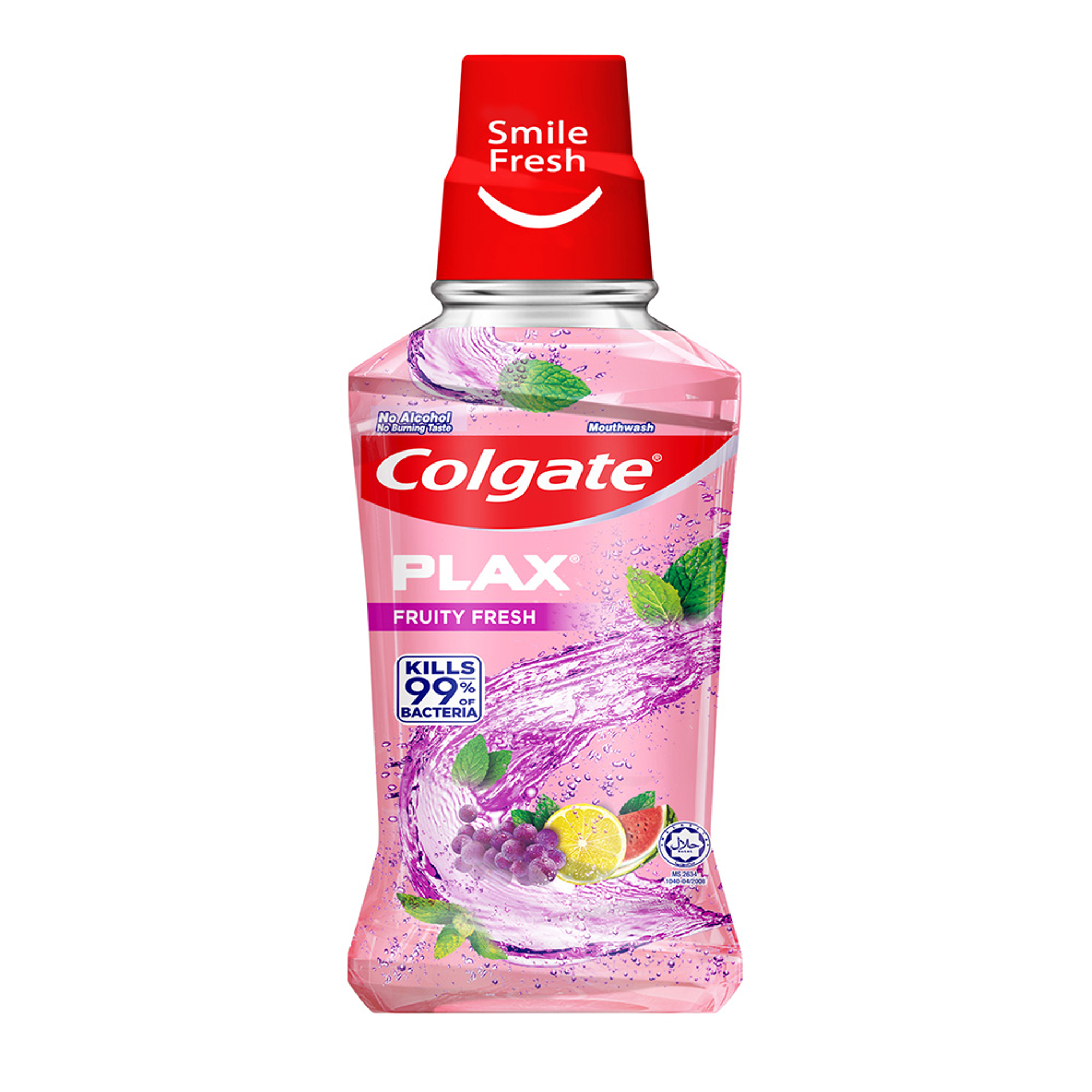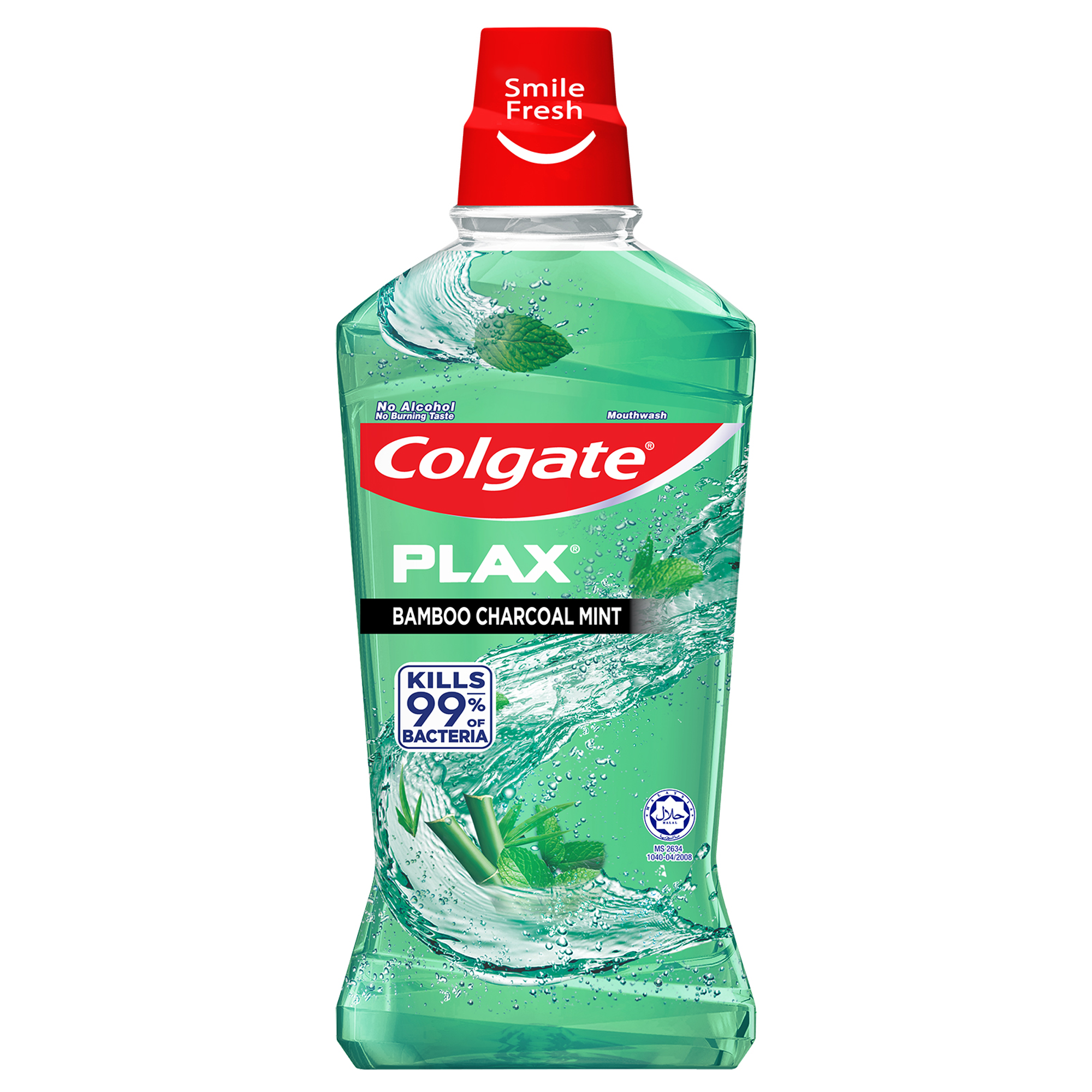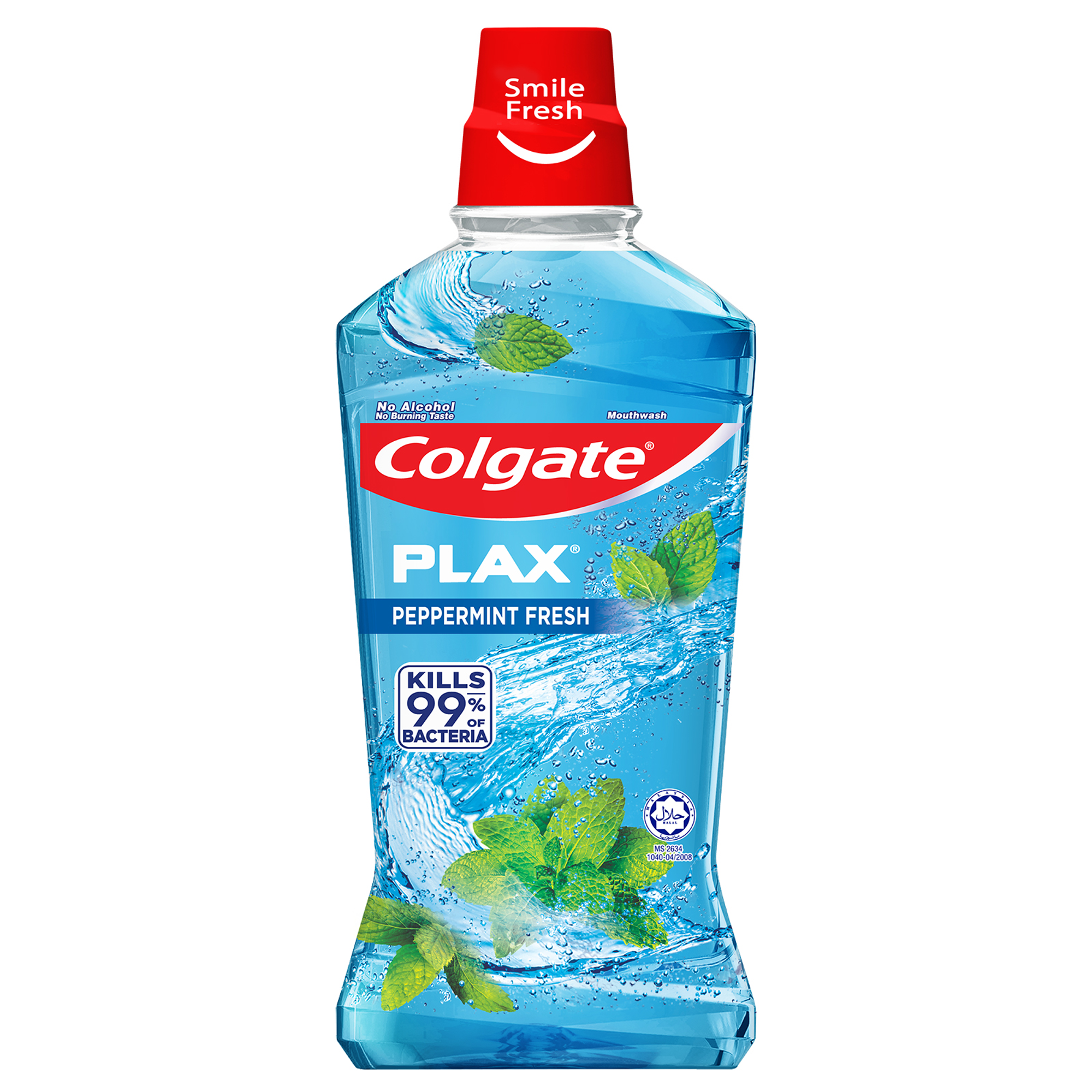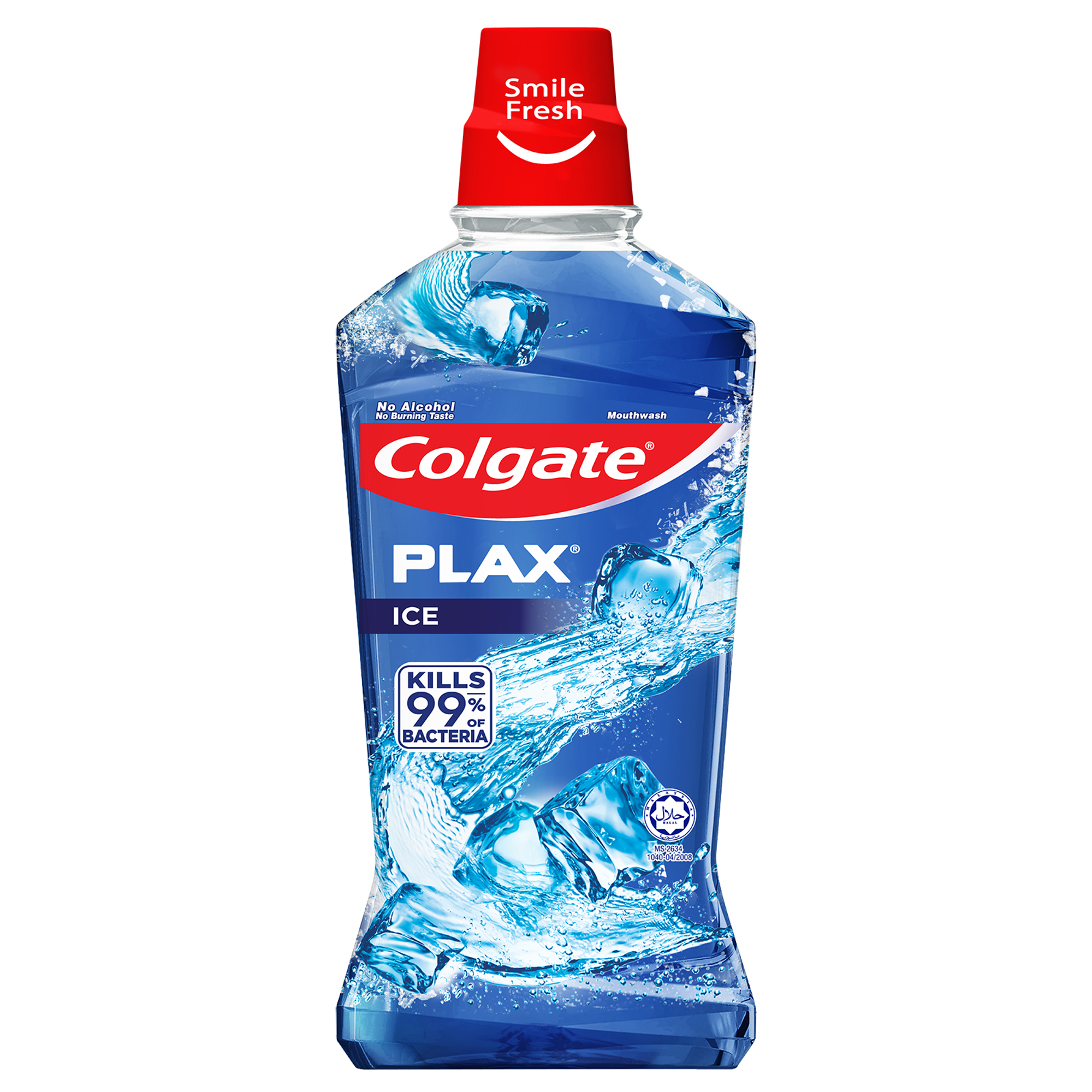What Is It?
Canker sores are painful, round mouth sores. They show up in several places:
- On the inside of the lips
- Inside the cheeks
- On the tongue
- At the base of the gums
- On the roof of the mouth (palate)
Canker sores often run in families. They also are linked with other diseases, including Behcet's syndrome. You may have only one canker sore at a time, or many of them all at once. Most people get one, two or three sores at a time. But some people have 10 or more at a time. People who get canker sores typically have them a few times each year. Canker sores are not contagious.
Scientists don't know what causes canker sores. Most believe that there is a problem with the body's immune system. Emotional stress, menstruation or injury to the mouth are common triggers for simple canker sores. Certain foods such as citrus or acidic foods may trigger a canker sore or make one more uncomfortable.
Other conditions cause similar sores:
- Blood and immune system diseases, including HIV
- Vitamin and mineral deficiencies
- Allergies
- Trauma
- Crohn's disease
- Lupus
Canker sores are often confused with cold sores. Cold sores are caused by a virus.
About half of the population get canker sores. Smaller canker sores usually heal within a couple of weeks and do not leave scars. For most people, they are just annoying. But some people get larger canker sores (almost one-half inch across or larger). These take longer to heal. They can be painful, and may leave scars. These sores may be so uncomfortable that it is sometimes hard to eat or speak.
Symptoms
You may feel a burning or tingling on your inner cheek, lip or tongue before a sore starts. Each sore takes two to three days to form. The sores are round and shallow.
Diagnosis
Usually, you do not need to visit a doctor for your canker sores, unless it is the first time you have them. If your sores become worse over time, or start showing up more often, see your physician or dentist. He or she can do some tests for blood diseases, connective tissue diseases, drug reactions and skin disorders.
Sometimes a biopsy is needed to make sure the mouth sore is not a different disease. In a biopsy, the area is numbed and a small piece of tissue is removed. Then it is examined in a laboratory.
Expected Duration
Canker sores are painful for 3 to 10 days. Most go away after 2 weeks.
Prevention
There is no way to prevent canker sores.
Treatment
Only the symptoms of canker sores can be treated. Treatment is meant to make you feel better until the sores heal. Treatment cannot stop you from having canker sores again.
To reduce discomfort, you can:
- Eat bland foods
- Rinse with warm water
- Use pain-relieving gels or creams on the sores
- People with larger or very painful sores may need steroid medicines. These are gels or creams that are placed on the sores. They make the sores heal faster. They also keep the sores from growing.
- Other possible treatments include injected steroids. There are also a few medicines you can take by mouth, but this is for the most serious cases.
When To Call a Professional
You should visit your dentist or physician if:
- You are having sores for the first time
- Your sores are larger than 1centimeter (almost one-half inch) across
- You get more sores now than you used to
- You get sores more often than you used to
- You have other symptoms with your sores, such as:
o Rashes
o Joint pain
o Fever
o Diarrhea
Prognosis
Most canker sores clear up without treatment and do not leave scars. In more severe cases, medicines often help to speed up healing.
Additional Info
American Academy of Oral Medicine
P.O. Box 2016
Edmonds, WA 98020-9516
Phone: 425-778-6162
www.aaom.com
American Academy of Family Physicians
Consumer Information Site
11400 Tomahawk Creek Parkway
Leawood, KS 66211-2680
Toll-Free: 1-800-274-2237
Email: email@familydoctor.org
www.familydoctor.org/














